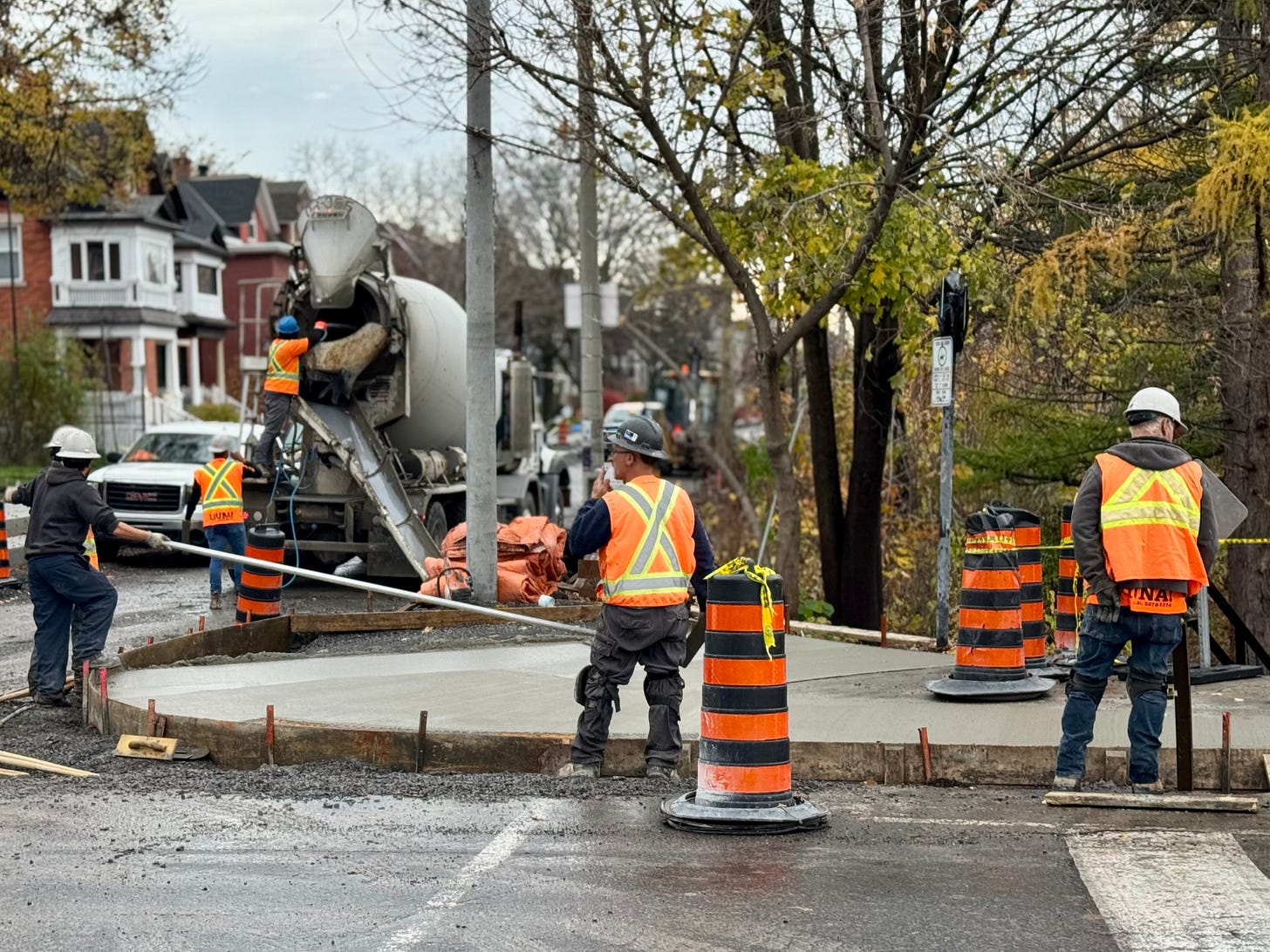Back in July 2023, we wrote a post about city budgets that everyone can understand.
Sometimes, budgets are written in a manner that excludes the public, and indeed elected officials, from engaging on its content. That doesn’t have to be the case. City budgets can be written so that anyone can understand them.
We’ve expanded our original list of questions that your city budget should be able to answer, and rewritten them to be as straightforward as possible. See below. We also have a PDF printable version.
How many of these questions does your city budget answer?
20 Questions Your City Budget Should Answer
How big is your city’s annual budget? How much is this per person or household?
How much is spent on city operations, such as City Hall salaries or recreation programs?
How much is spent on capital projects, such as road reconstruction or building new fire stations?
How does the city pay for the budget? How much comes from taxpayers, user fees for specific services, other levels of government, debt, or other revenue sources?
How much does the average household pay in property (or other) taxes each year? How does this compare to other cities?
How much room is there in the budget for spending on new priorities?
If it wanted to increase spending, how could the city raise revenues, other than by increasing taxes?
How much money can the city borrow for big construction projects like buildings, roads or parks? What could happen if we borrow that much?
How much money does the city have in a “rainy day” reserves fund, to protect against unexpected cost overruns or revenue shortfalls? What is a simple-to-understand benchmark for how much these reserves should be?
Does the budget tell us how much we are spending on city services that get a lot of attention? For example, how much are we spending to fill potholes, provide emergency shelters, or staff lifeguards at our pools and beaches?
If we wanted to provide more of a city service, does the budget help us understand how much it would cost to improve service levels?
For the capital budget, how much are we spending on infrastructure to:
fix or replace what is already there,
build new capacity, or
increase the capacity of what is already there?
Have we got a plan, and the corresponding money in the budget, to pay for the renewal of infrastructure when those roads, pipes, police stations and other facilities need to be repaired or replaced?
For the capital budget we spend on roads, how much goes to: repairing existing roads, building new roads, or widening existing roads?
How much of the capital budget is spent on sustainable transportation, and how much goes to: transit, pedestrian facilities, or bike infrastructure?
How much are we spending on affordable housing? Or spending to get more market housing built?
For the capital projects listed in the budget, is there more detailed information provided about each project elsewhere?
How much tax revenue does each district (or ward, borough, …) contribute? How much spending goes to each district?
How much new money is the city spending on climate action?
Does the city make budget and other financial data available to the public in electronic format?







Some items on the list have more to do with the City's finances more broadly than with annual budgets, so would be good baseline info. But the overall intent and many of the items are critical for citizen literacy. Use of infographics would be great. There must be some municipalities that are doing this stuff well!